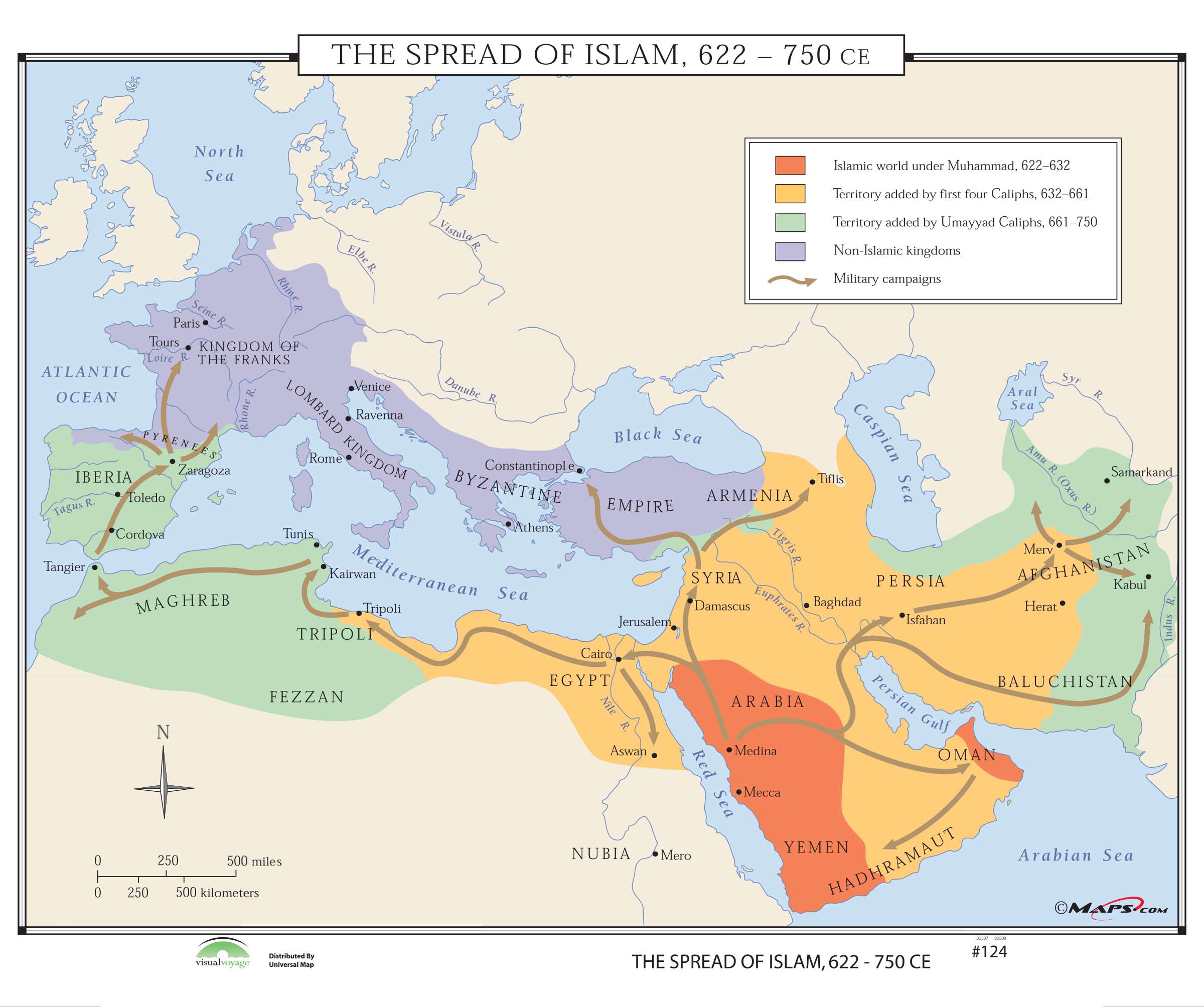There are some Muslims living in Europe or the United States who think that voting is a temptation to be avoided, like drinking alcohol or dating.
And I really do mean some Muslims. Mostly, I heard it from older people or the British branch of my family.
That said, more than once, as a proudly pro-voting American who was also a staunch Muslim, I was told to turn away from the siren call of the polling places and to Allah.

Make Voting Sexy Again is one way to get out the vote, I guess?
While there are plenty of Islam Q&As and other internet sources for the answer to this weirdly-specific question, I’ve both seen and participated in the debate over the permissibility of voting in Islam first-hand.
In my experience, most of the arguments by Muslims against Muslims voting boil down to two things: the desire to be as Muslim as possible and the fear of potential sin.
Don’t Sin
“What if it’s sin?” is a question nearly every religious believer has asked themself. It’s even worse if:
- your salvation is based on faith and works, not just faith (Islam in general)
- your religion is based on your faithful adherence to a text whose language you don’t understand (non-Arab Muslims, aka the majority of Muslims)
- there’s no Pope or other similar human high authority to interpret the text for modern dilemmas (most Sunni Muslims)
- your religion made it from the rebellion phase to the nation-state phase before its founder even died (the life of Muhammad)

- as a a result of the nation-statehood, the legal and the theological intertwine so much in your religion that it’s almost impossible to separate them (Sharia)
- your religion’s founder asserted that your religion would divide itself into many factions but only one of those sects would make it into heaven
- new technological and scientific developments that your religion’s founder couldn’t have foreseen in the slightest have profoundly affected the way you practice your religion every day of your life (the moon, anyone?)
Which is how you end up with the following Ramadan scenario:
My grandmother refusing to break her fast based on the timetable the local mosque provides and waiting an extra minute or two just in case;

A few other relatives insisting on adhering to the timetable for fasting given to them by their home mosque rather than the one from the mosque closest to the location they are currently physically in;
The rest of my family eagerly digging into the fragrant iftar spread the very second the clock changes to the time given by the mosque closest to the location they are currently located; and
Everyone feeling theologically justified in — if not smug about — their respective choices.
Not sinning is hard. That’s why I left Islam, obviously (not even a little)! To bring it back to voting–
There’s no verse in the Quran saying “And lo, shall there emergeth a country led by a man of the oranges with a dubious crown of flaxen stuffs wherein some of thou easily tempted by riches will liveth. Be warned against the act that shall mark thee with a sticky papyrus to affixeth upon thy bosom, for that place will be marked by Hellfire in the Hereafter.”

There’s no such verse, but there’s a lot of interpretation that isn’t called interpretation in mainstream Islam. The resulting uncertainty often means practicing Muslims will avoid doing dubious things that they find easy to avoid.
For some Muslims, there is no perceived hardship or drawback to not voting, and there is benefit in not only feeling secure in avoiding what might be sin, but also feeling superior to those who might be sinning by doing something as frankly untempting as voting.
The theological unease around voting is expressed more explicitly by some Islamic scholars, who will point to that one Quranic verse about not trusting non-Muslims or argue against democracy itself in that it promotes worldly “man-made” laws above the laws of Allah.
Then there are the results of voting. Many of us SJW types are familiar with purity arguments around elections — give us the perfect candidate/party/policy or we won’t vote at all! Some Muslims feel similarly in that they don’t believe in voting as harm reduction and see it as full endorsement.
Be Muslim
These arguments against voting are less theologically-argued than the prior set.
Being a Muslim in a non-Muslim country often transforms a religious identity into a more cultural one as well as calcifies conservative views that come from both culture and religion. Resistance to perceived Westernization is common among immigrant communities, and Muslims are no exception. From that perspective, voting is a voluntary act of patriotism that can easily be shirked, unlike merely being a citizen. It is an actively American act that a Muslim would be best served by avoiding. It’s the same reason why some Muslims won’t stand for the National Anthem.
A lot of what dedicated Muslims in non-Muslim countries deliberately don’t do is in the name of avoiding mixed allegiance. You’re supposed to be a Muslim and not nationalistically allied to any country in such a way.
This would be news to our relatives “back home” in Pakistan, a country literally founded on a nationalistic identity of being Muslim, or in many of the other Muslim-majority countries where allegiance to one’s faith and one’s country are for all intents and purposes synonymous.

But that’s none of my business as an apostate voter.

